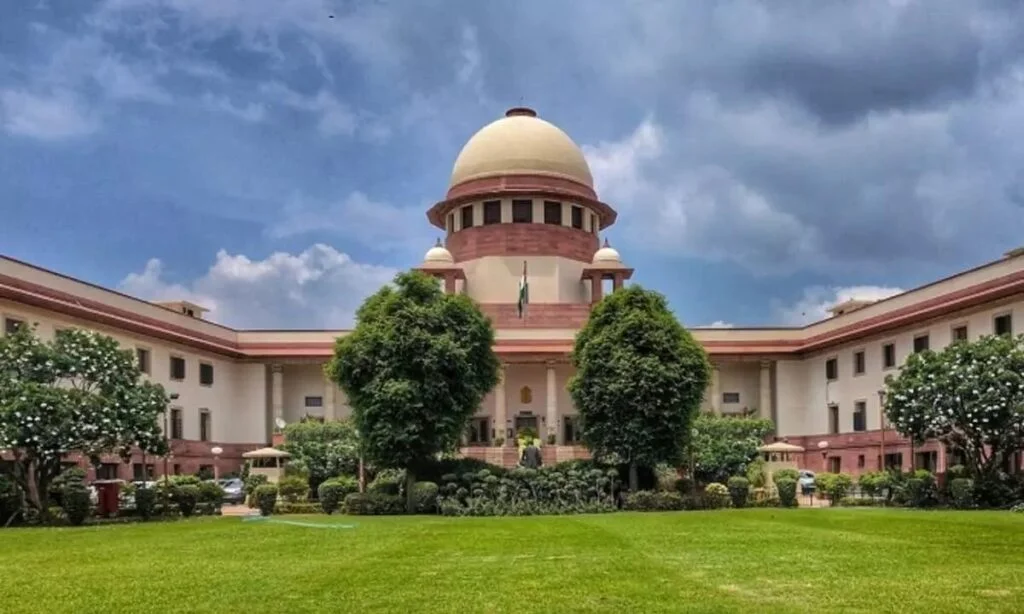Kerala Governor Assent Delay: Supreme Court Urged to Act
New Delhi: The state of Kerala on Tuesday urged the Supreme Court to expeditiously address its plea regarding the “Kerala Governor Assent Delay.” The Kerala government expressed concerns over the inaction from the Governor in granting assent to several bills passed by the Assembly.
Senior advocate K.K. Venugopal represented the Kerala government and informed a bench led by Chief Justice of India (CJI) Sanjiv Khanna that the President’s office had communicated the rejection of two bills after over 15 months of waiting. This prolonged delay raises critical questions about governance and legislative processes in Kerala.
Legal Context of the Kerala Governor Assent Delay
In light of CJI Khanna’s impending retirement in May, he suggested that the matter be moved to a different bench. Venugopal requested that Kerala’s plea be heard by the bench presided over by Justice J.B. Pardiwala, which had previously reserved its verdict on a similar issue involving the Tamil Nadu government. In that case, the Governor was accused of acting as a “political rival” to an elected government.
The Tamil Nadu petition raised a significant legal question: When the Governor returns a bill after withholding assent, must he approve it if it is passed again? Or can he reserve it for presidential consideration? This dilemma adds another layer to the ongoing discussions about the role of governors in state legislation.
Implications of the Kerala Governor Assent Delay
Kerala’s situation is particularly concerning. Seven bills were referred to President Droupadi Murmu by former Governor Arif Mohammed Khan after they were re-adopted in a special Assembly session. The Kerala government argues that the Governor’s prolonged delay in addressing these bills violates constitutional provisions. Specifically, Article 200 mandates that bills should be dealt with “as soon as possible.” This language suggests that the Governor must act on pending bills promptly and without unnecessary delays.
The core of the issue lies in the interpretation of what constitutes “as soon as possible.” The Kerala government contends that the current situation reflects a neglect of this constitutional obligation. As the situation develops, it underscores the need for a clear framework regarding the Governor’s role in the legislative process.
For more updates on this issue and other news, visit The Hans Bharat.

